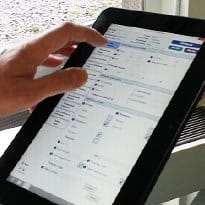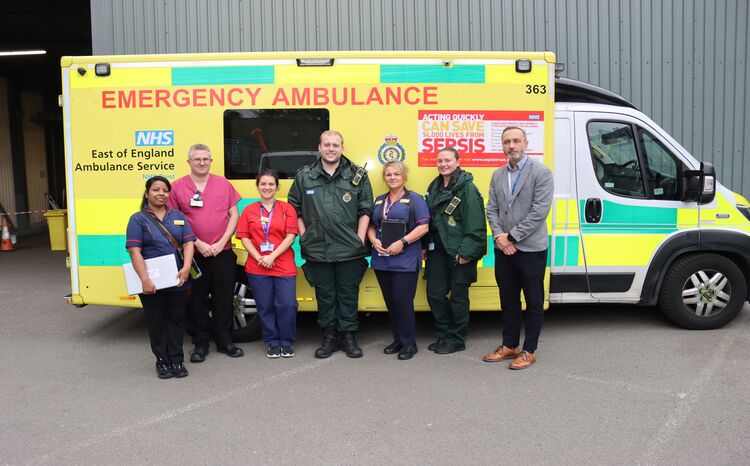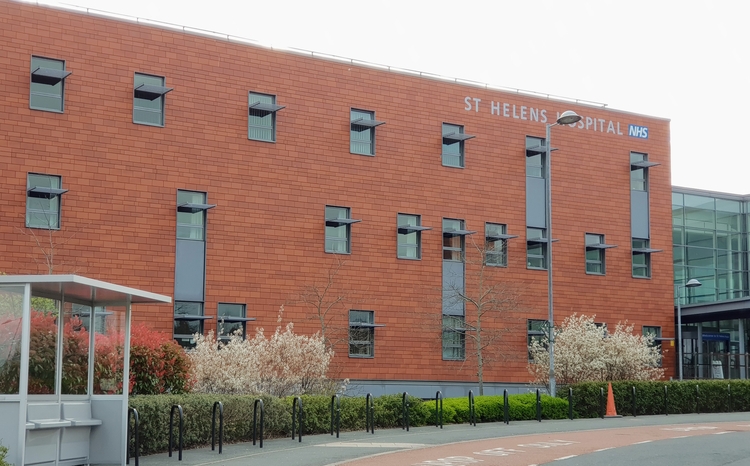UCLH clinicians design stroke EPR
- 5 February 2014

University College London Hospitals NHS Foundation Trust and 6PM have created a tablet-based electronic patient record system for stroke patients in hospital.
Dr Parashkev Nachev, senior clinical research associate at the trust, told EHI Strokepad is unique because it acts as a substitute for pen and paper, allowing clinicians to enter free text and data directly at the patient’s bedside.
“It has pen and paper functionality built in everywhere so if you don’t have a field that catches something, you can always write something down,” he explained.
Strokepad is designed to be connected to other hospital systems, such as pulling information from the A&E department if a patient presents there and is admitted to a stroke ward.
There is a desktop version, but it also runs on a tablet computer, which every nurse or doctor on the ward is expected to have with them at all times, said Dr Nachev.
Staff trialling the technology used Dell tablets that they could sling on to their backs while treating patients, but it can work on any Windows 8 tablet.
Dr Nachev said information is often entered via tick boxes, but the system uses an algorithm to process it into “human readable text”, so it resembles the way doctors or nurses would usually talk to one another.
“It’s gathering information constantly so when it comes to generating a discharge summary, it’s already written as a human letter,” he explained.
This is a key benefit as discharge summaries are often of low quality, but take up significant resource to produce.
“At UCLH, as in other hospitals, we have relatively senior clinicians spending a large proportion of their time writing discharge summaries, averaging at about one full time role per day,” said Dr Nachev.
Clinicians at the trust were heavily involved in the design and construction of Strokepad, which has been in development for around two years.
“It’s been slow because we were very keen that we got it absolutely right, in particular the interface,” he said.
“The fundamental problem is to design the human-computer interface so as to make data acquisition transparent to the clinical process. There is no room for additional administrative burden: clinicians are already working flat out.”
It is now being rolled out across the hospital’s acute stroke unit and could be replicated for other specialist areas such as cardiology.




